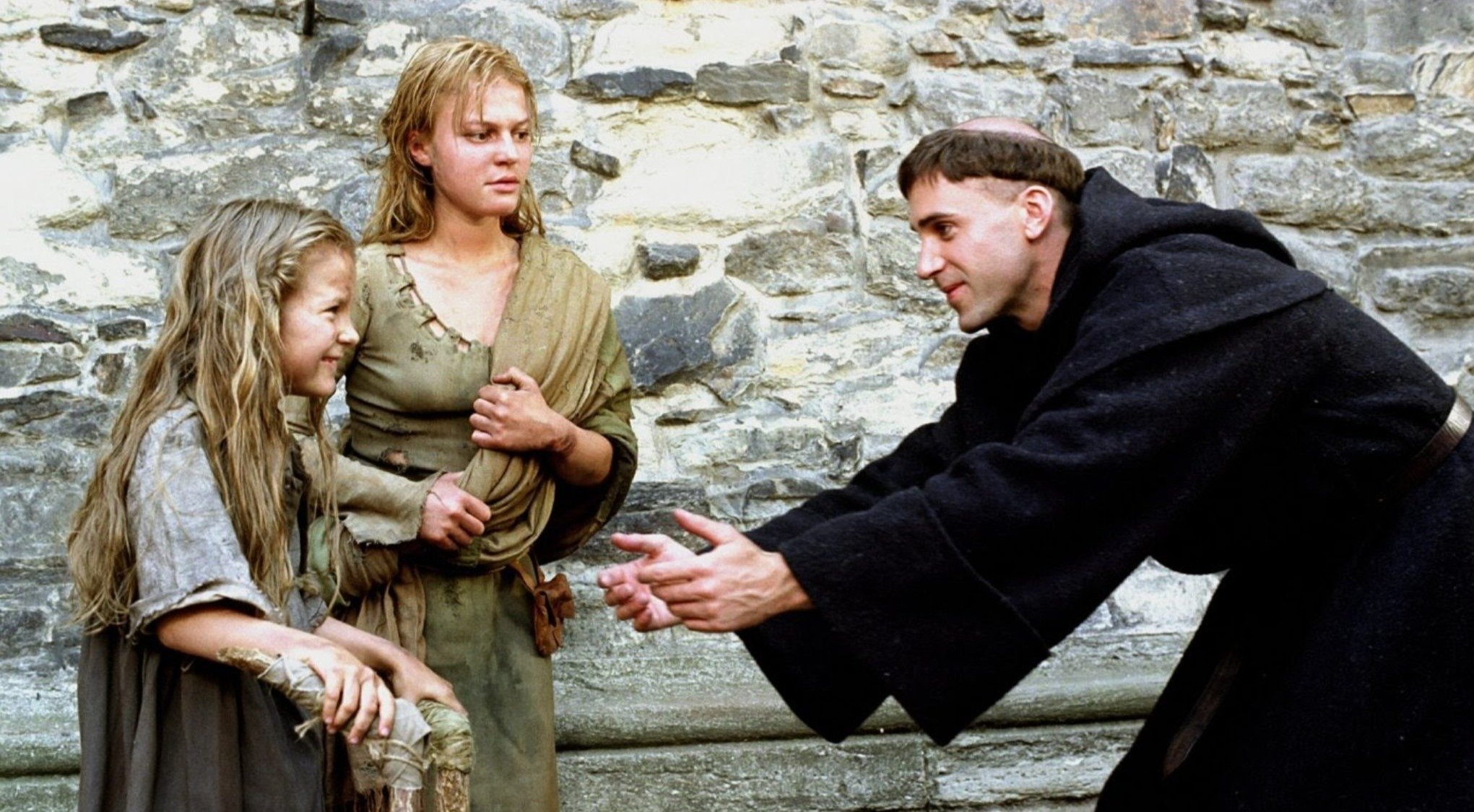The church is sometimes referred to as catholic because it embraces the whole of human experience. It possesses perfectly all doctrines concerning either invisible and visible things that human beings need to know; it provides a cure for all kinds of sin, either of body or soul; it produces all virtues and good works, and partakes of all spiritual gifts. ~ Herman Bavinck
Login to read more
Sign in or create a free account to access Subscriber-only content.
Topics:
